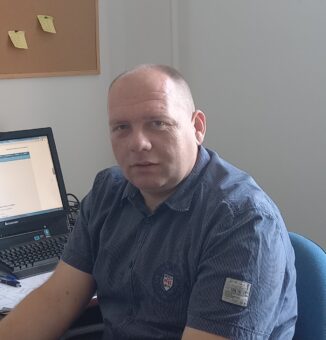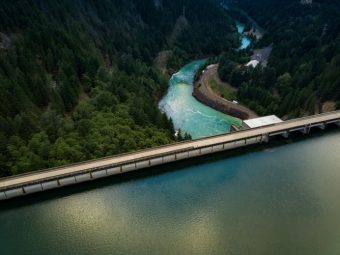
This process is unstoppable in developed countries, but despite the odds and good preconditions we have in this region to a more active approach to green transformation, the process is moving insignificantly. It is true that the interest for more significant investments in renewable energy sources exists, but this stream mainly comes from foreign and private investors.
Electrical companies, mostly state-owned, are still dozing peacefully, living at the expense of power plants built in Tito’s era. Mass integration of renewable energy sources is a systemic challenge, and proactive work of electrical companies and an understanding of the state apparatus that enacts legal regulations is required. Everyone must set this as imperative to establish a flexible power system that, under real conditions of production and consumption, should ensure stable operation.
A clear vision for energy transformation in Bosnia and Herzegovina is needed
Once the energy transition comes to the agenda, we should be aware that it is an inevitable process that has to start not tomorrow, not today, but yesterday. The energy transition in Bosnia and Herzegovina is sadly a small talk subject, and very little seems to be done in its implementation. All adopted plans and planned reforms of the energy transition are mainly the results of political and economic pressures from abroad. The pressure to implement the energy transition should be accepted as a chance for the modernization and development of the energy sector.
In focus:
To begin with, it is necessary to define the vision of where the electricity sector of Bosnia and Herzegovina should be positioned in 2030 and 2050. When you have a clear vision, all government structures, companies, and individuals should actively fulfill their obligations to achieve this vision.

Along the way, conventional energy, dominated by fossil fuels, must be transformed into modern energy, now dominated by renewable energy sources. Indeed, to speed up these processes, all positive practices should be used, and mistakes from countries in transition should be avoided.
RES is unpredictable, and that is a problem for the system
Solar energy is a gift of God and should be used to the maximum. Technological advances have made it possible to convert solar energy into electricity using solar and wind power plants. The unpredictability of energy production from these sources creates a problem in the power system, especially regarding large power plants. However, these problems are not uncommon all over the globe, and we should not run away from them and leave them to generations to come but focus on solving them.
A very efficient domestic solution could be the combination of solar power plants, wind power plants, and hydroelectric power plants. Bosnia and Herzegovina have very good preconditions for developing such a hybrid power system. That is why it is essential that, in addition to the great interest in the construction of solar and wind power plants, we keep the focus on the use of our hydro potentials. Although the public has a misconception about hydropower, in the future, there will be no reliant electricity system without hydropower components.
Electricity storage is one of the biggest challenges

The concepts of electricity storage in some special cases are well known in theory and practice; therefore, increasing their capacity and popularization are prerequisites for creating an ideal electricity sector. With the mass integration of renewable energy sources into the electricity system, energy “deficits” and “surpluses” are inevitable, and that’s why the management of the electricity system becomes an even greater challenge.
It is the very storage of electricity that plays a key role in solving this problem, and a future modern concept of the electricity system is required where energy storage becomes an equal participant along with the sources and consumers.
The problems could be solved in one of three ways: by balancing the energy in the network by building new production facilities, storing energy, and applying the concept of micro-networks. The topic of balancing energy in the grid is often mentioned as a key challenge in variable production from renewable energy sources. Hydro power plants, especially the technology of reversible hydroelectric power plants, is the most efficient way to solve the problem of balancing. All positive experiences from such systems can be seen in the example of HPP “Čapljina” (BiH), which is the oldest reversible hydroelectric power plant in the former Yugoslavia.
The construction of such facilities should be a priority, but due to the large financial resources required for their construction, this is not the case. Therefore, the controlled use of hydro potential should continue to be the focus of the development within the sector, provided the adoption of adequate legislation that will tighten measures for environmental impact assessment in issuing environmental permits.
dr. sc. Senad Huseinbegović
Read the story in the new issue of the Energy portal Magazine RENEWABLE ENERGY SOURCES.



